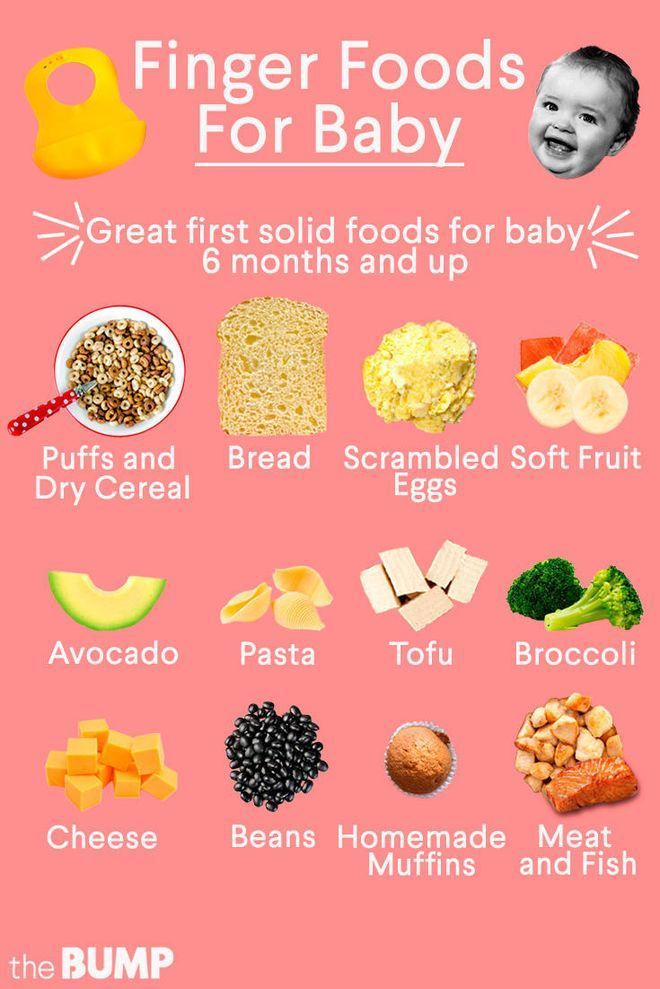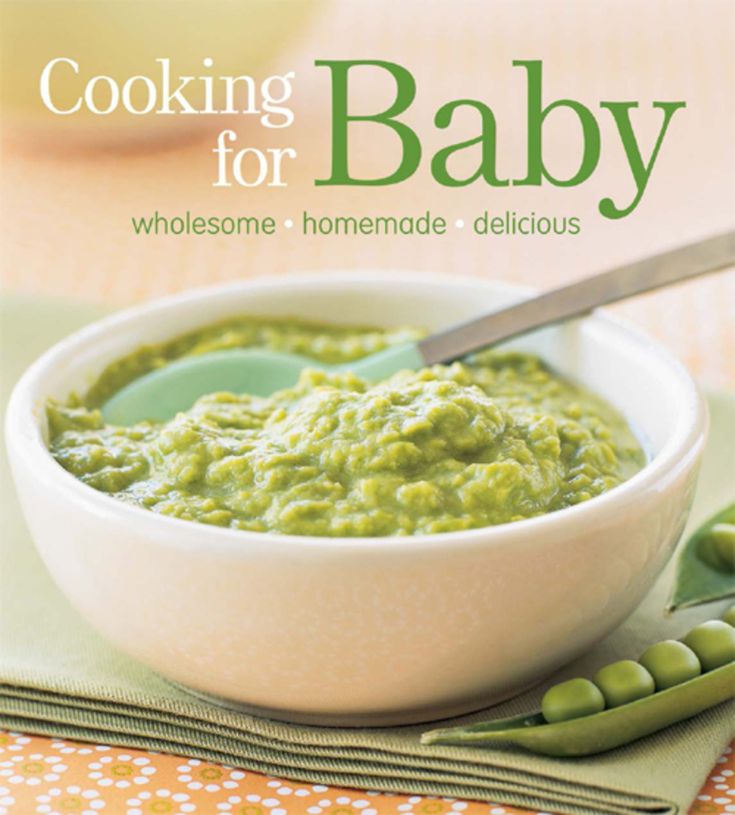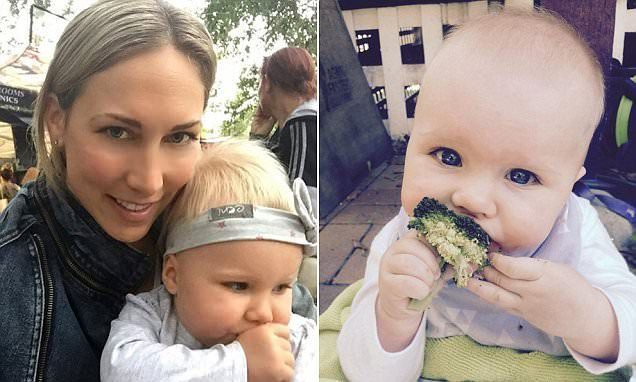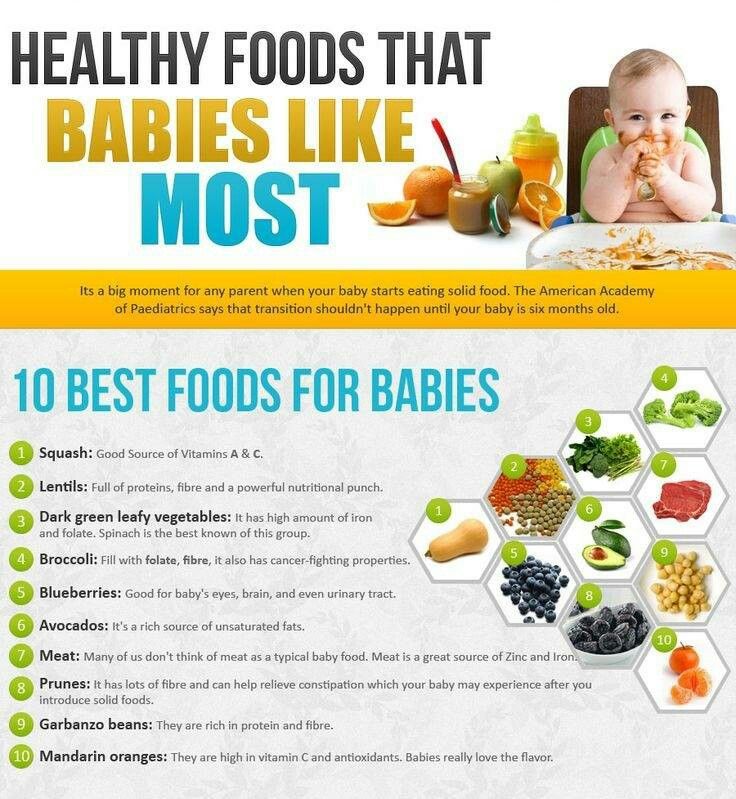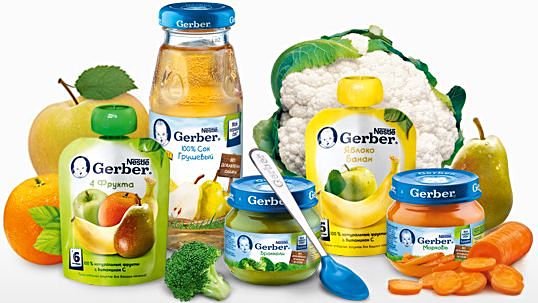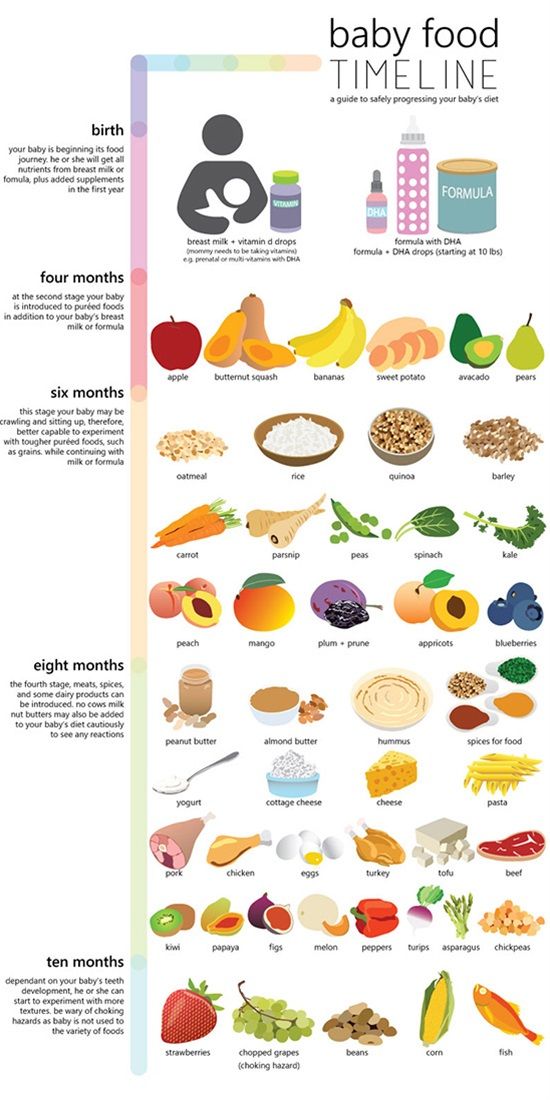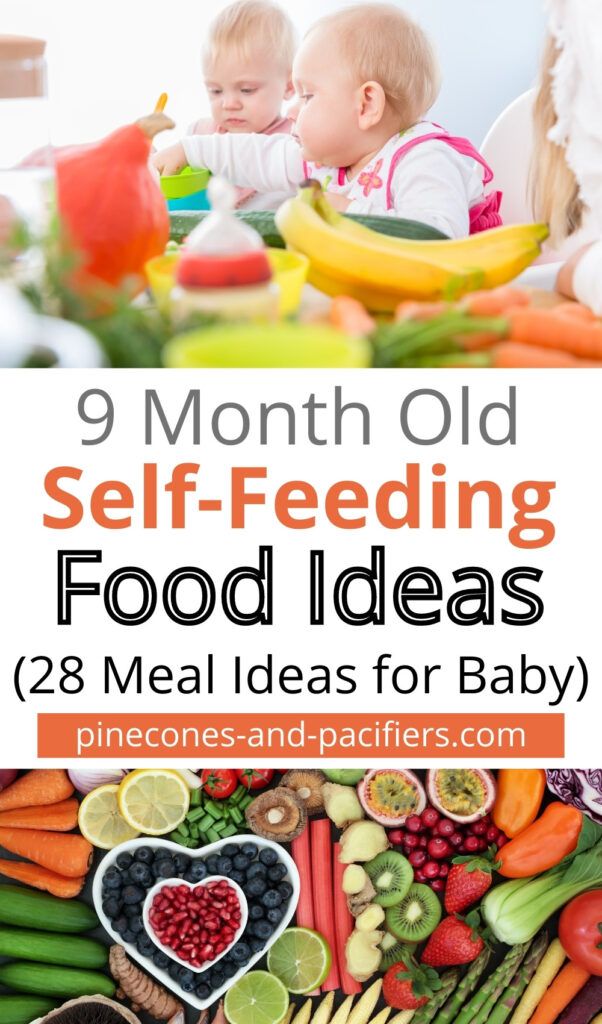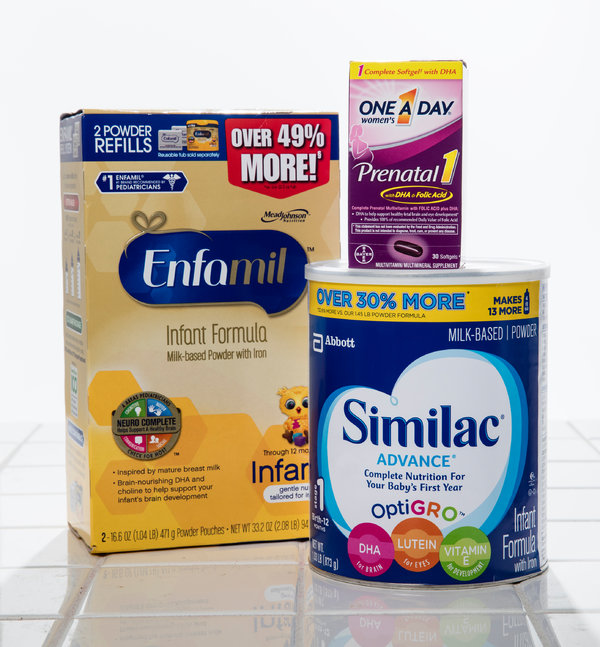Baby food during summer
18 Best Cooling Summer Foods for Babies
The weather’s getting hotter and babies crankier! Keep them refreshed inside out with these Cooling Summer Foods for Babies – nutritious and hydrating!
18 Best Cooling Summer Foods for Babies
1. Watermelon
2. Cucumber
3. Coconut Water
4. Yogurt
5. Oranges
6. Tomatoes
7. Pineapple
8. Barley
9. Cumin
10. Mango
11. Muskmelon
12. Bananas
13. Avocado
14. Apples
15. Lauki or Bottlegourd
16. Green Beans
17. Papaya
18. Sabja Seeds
Buy Healthy Nutritious Baby, Toddler food made by our own Doctor Mom !
It’s summer, and depending upon how you look at it, it’s time for sweaty days and dehydration, or for mangoes and ice cream! Whatever the case may be, we adults can always find our own ways to beat the heat, and we can always reach into the fridge and make ourselves a refreshing smoothie or a salad.
Unfortunately, little babies cannot do the same! Yet, they also have to deal with the summer heat, and it is up to us parents to make things comfortable for them, while also ensuring they get everything they need for healthy growth and development.
So what’s the best way to do this? Through food, of course! Breast milk is the number one thing babies can have in summer, since it contains all the nutrients they need along with enough hydration. But as your little one crosses the six month mark, you can expand her diet to include some more cooling summer foods.
Indian summers are harsh, but it also provides us with the right kinds of foods.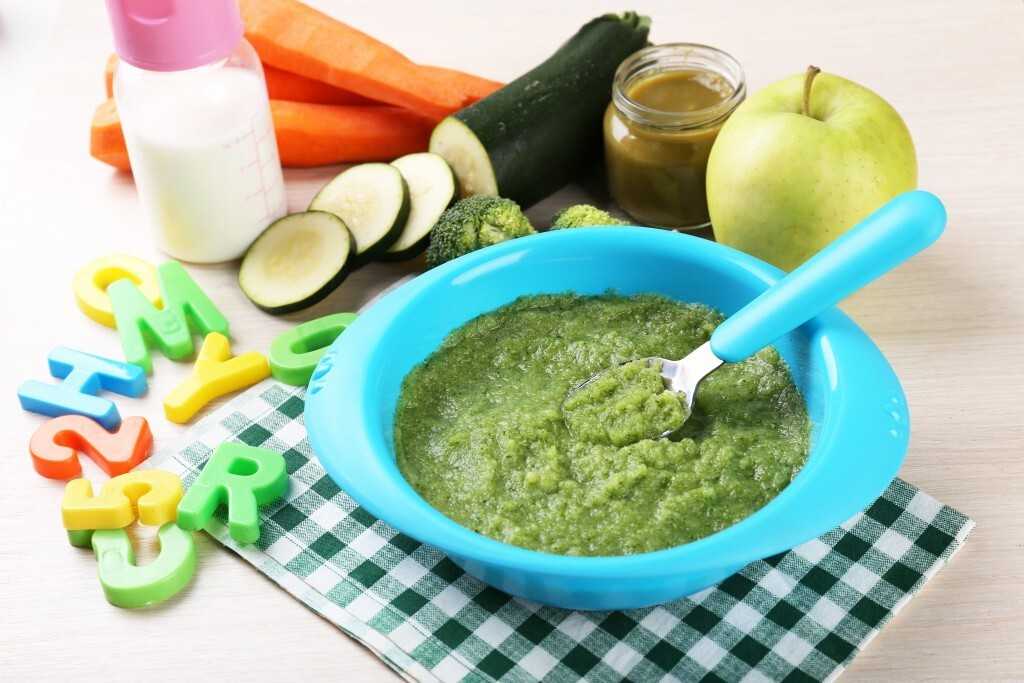 This means that your best bet is to eat whatever is in season, since they’ll be the most flavorful and nutritious, not to mention less likely to be filled with preservatives and chemicals.
This means that your best bet is to eat whatever is in season, since they’ll be the most flavorful and nutritious, not to mention less likely to be filled with preservatives and chemicals.
According to Ayurveda, every food has a heating or cooling property, and choosing cooling foods in summer will help keep your baby refreshed inside out. Such foods help the body regulate its temperature and prevent dehydration. Now babies can’t have all of these foods, so we’ve drawn up a list of baby-friendly foods for summer, so you don’t have to worry too much!
Important: Breast milk is the best food for babies, and the WHO recommends exclusive breastfeeding till the age of six months and complementary solids after that. The American Academy of Pediatrics (AAP) has revised its solid food guidelines in 2012, which now state that babies older than 6 months can now enjoy most foods without restriction. Yet, we have still listed the appropriate age recommendations for each food listed below.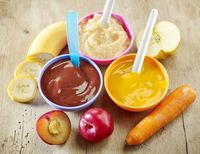 Please consult your pediatrician in case of any doubt.
Please consult your pediatrician in case of any doubt.
1. Watermelon
When you think of summer foods, watermelon is sure to come at the top of the list! That’s not surprising, considering they’re made of 92% water. If that isn’t hydrating, I don’t know what is!
Besides the hydrating factor, watermelons also contain lots of vitamins, particularly A and B-complex Vitamins. Watermelons are also loaded with antioxidants that help eliminate toxins as well as lycopene which improve skin health.
It is recommended to introduce watermelons after 8 months of age, since melons may cause allergic reactions in some cases. However, if there is no family history of food allergies or sensitivities, you can introduce watermelons as early as 6 months.
The best way to feed babies watermelon is to cut out the flesh, ensuring there is no trace of the rind in it. Remove all the seeds completely. Now you can mash it into a puree or cut into sticks or chunks and offer as finger food.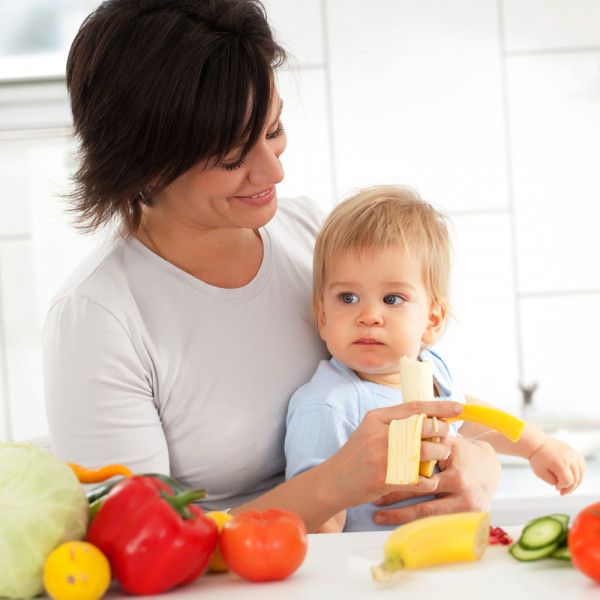
Check out more healthy watermelon recipes for babies and kids.
2. Cucumber
Cucumbers are the watermelons of the vegetable section – they’re super popular during summers too! Like watermelons, cucumbers are also over 90% water by weight. Being a diuretic, cucumbers also enable elimination of toxins from the body.
Besides water, cucumbers are rich in B vitamins, flavonoids, electrolytes and lots of fiber, which helps the digestive system run smoothly during summer. It also helps to keep constipation at bay.
According to AAP guidelines, cucumbers can be fed to babies after six months, but some babies experience gassiness from eating cucumbers. If you worry about this, you can introduce cucumbers after the age of 8 months.
It is not advised to cook cucumbers. Instead, you can cut it into chunks or sticks and offer to your baby as finger food. Another option is to grate cucumber and add it to baby’s other meals.
3. Coconut Water
Stand aside, soft drinks and fruit juices, when it comes to the ideal drink for summer, nothing can beat coconut water. Nature’s very own energy drink is packed with electrolytes, which prevent dehydration and nourishes the body in summer.
Nature’s very own energy drink is packed with electrolytes, which prevent dehydration and nourishes the body in summer.
Coconut water is also rich in potassium, which promotes temperature regulation. Coconut water also cools the body and keeps the digestive system running smoothly. In fact, the electrolytic balance of coconut water is similar to that of human blood.
Coconut water is easily digestible for babies over six months, especially since the lauric acid in it is similar to that of breast milk. Besides, it is perfectly safe and sterile and does not require any further cooking. It can be offered to baby directly, or it can be used to make baby’s other meals like cereal.
4. Yogurt
Sometimes the solution to certain problems are right in front of our eyes, but we realize this much later! Yogurt or curd is something made in most Indian homes and served with every meal, but it has recently got attention for its probiotic benefits.
The probiotics in yogurt are great for a healthy gut and to keep the digestive system running smoothly, but yogurt is also the perfect cooling summer food.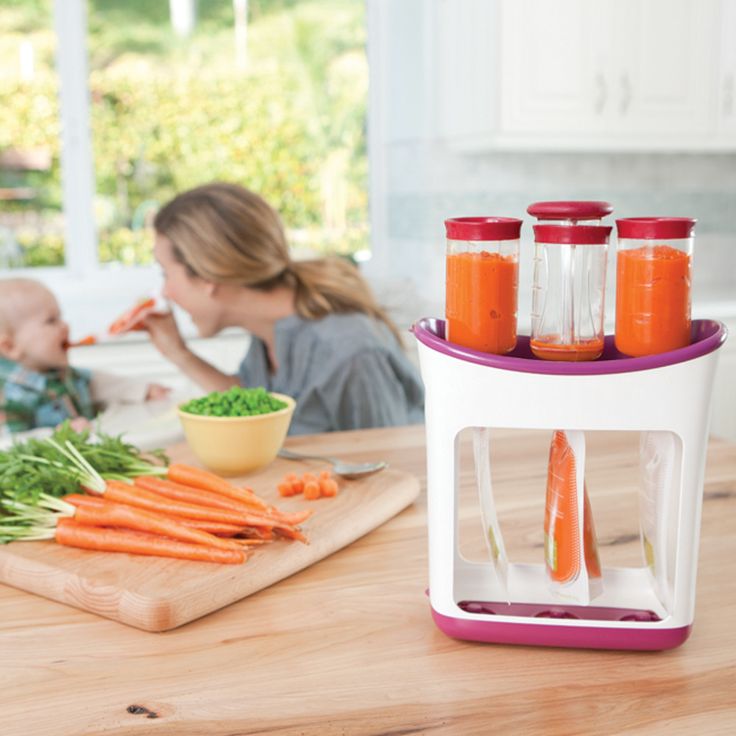 Yogurt gives babies protein, calcium as well as Vitamin D. Probiotics also boost immunity and improves skin along with promoting healthy teeth and bones.
Yogurt gives babies protein, calcium as well as Vitamin D. Probiotics also boost immunity and improves skin along with promoting healthy teeth and bones.
While cow’s milk is not recommended for babies under the age of one, yogurt is an exception since it does not contain lactose like milk does. It is easily digestible for babies and can be introduced as early as six months. Opt for Homemade Curd over store bought ones.
You can add it to other meals like Curd Oats Khichdi for Babies and Coriander Curd Khichdi for Babies. You can also combine it with fruit to make Easy Mango Yogurt or Homemade Strawberry Yogurt. You can also make refreshing drinks like a 3-Ingredient Mango Dates Smoothie, Watermelon Smoothie or Ragi Buttermilk.
5. Oranges
For many people, the best way to cool down after a hot day outdoors is a refreshing citrus fruit, particularly oranges! 80% of oranges is water, making this a great pick for hydration. Oranges also promote healthy digestion, which makes the body work less harder, thereby generating less heat.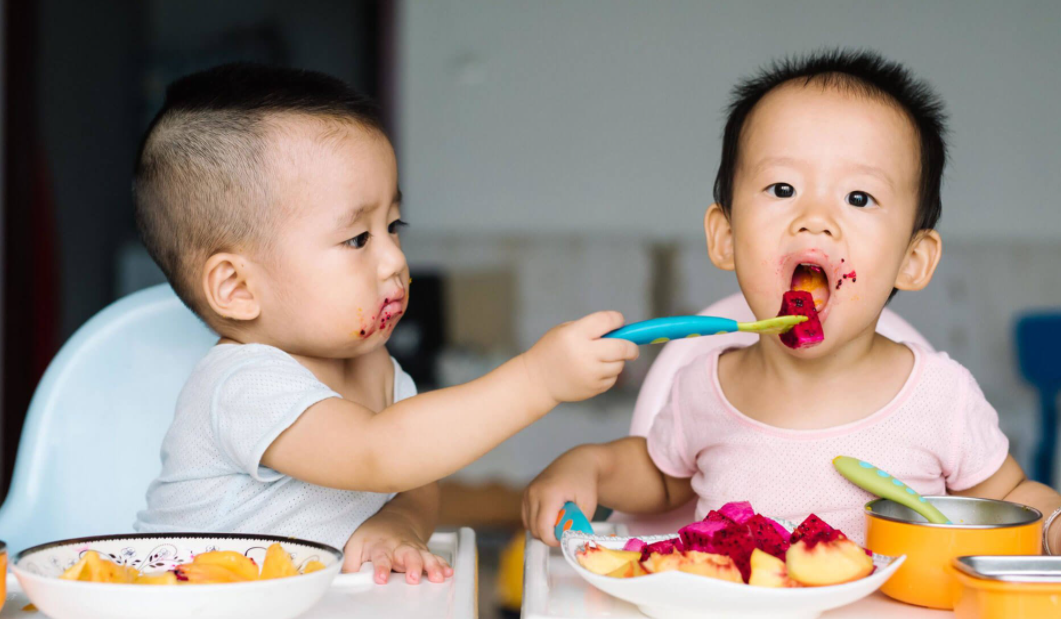
What’s more, oranges are rich in potassium, a nutrient that’s lost through sweat. Eating potassium-rich foods in summer ensures the muscles stay healthy. Besides potassium, oranges are also rich in Vitamins A and C, calcium, dietary fiber and over 100 phytonutrients which have antioxidant effects.
While the new AAP guidelines don’t advise against oranges for babies over 6 months, many pediatricians recommend waiting till at least 10 months. The reason is that citrus fruits contain large amounts of citric acids, which may cause rashes and tummy pains. If your baby is prone to food sensitivities or there is a family history of food allergies, you may want to wait till the baby’s first birthday.
It’s best to give oranges as the fruit itself, by peeling the orange and removing the membranes and seeds from the segments. This ensures the baby gets the pulp too. If you’d like to start out with juice, dilute one part of juice with ten parts of clean water. Stick to just 3-4 ounces of juice a day.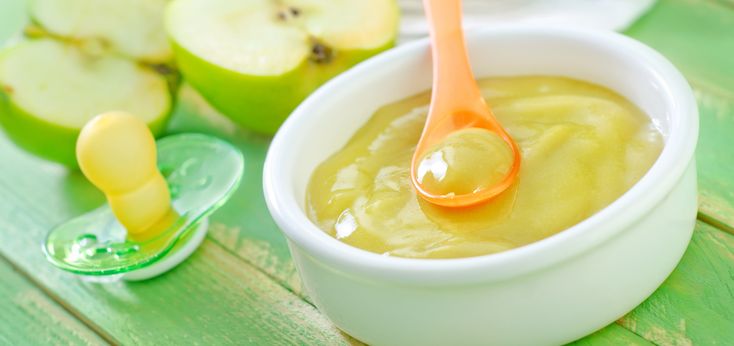
You can also check out more orange recipes for babies and kids.
6. Tomatoes
Technically a fruit but clubbed with vegetables, tomatoes are an unlikely hero among summer superfoods! Tomatoes contain up to 95% water, making it excellent for hydration, but its also an immunity super star.
A medium tomato contains 47% of the RDA of Vitamin C as well as loads of Vitamin A – both essential nutrients for a healthy immune system. Tomatoes are also known for their high concentration of lycopene – an antioxidant that protects against skin diseases.
Due to their high acidity, experts recommend introducing tomatoes around 10 months of age. Before that tomatoes may cause rashes or tummy pains, particularly if consumed raw. However, if your baby is comfortable with most other fruits, you can try introducing it around 8 months of age.
Always serve tomatoes cooked, either as a tomato juice or added to babies dishes. You can also make homemade tomato sauce and offer along with other finger foods.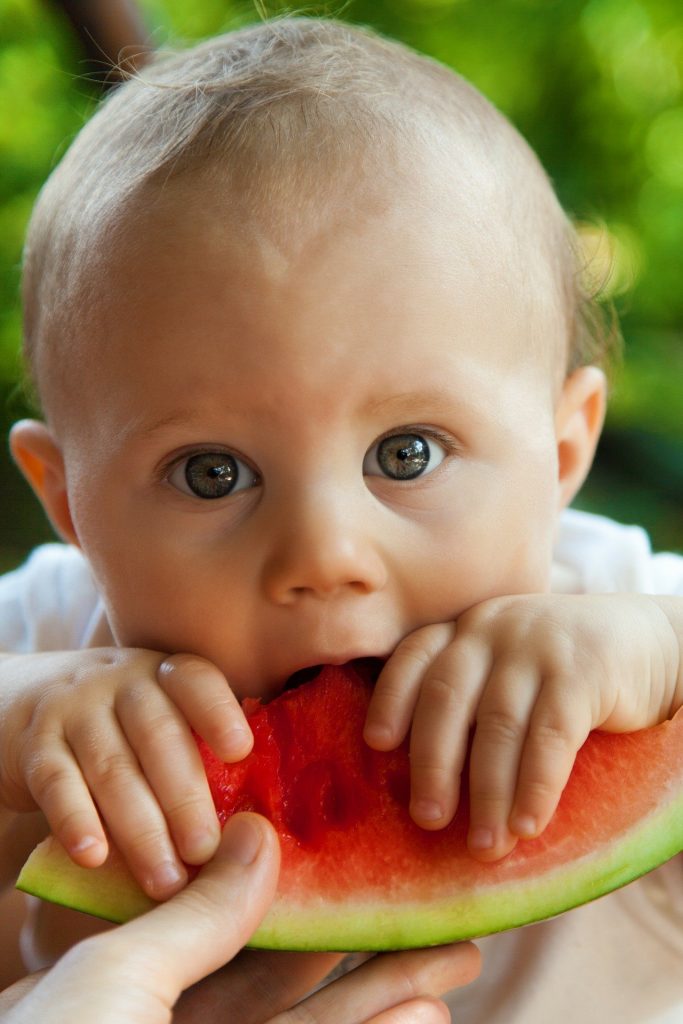
7. Pineapple
This spiky tropical fruit just screams summer, and not without reason! With nearly 88% of the fruit being water, it is a great hydrator and an ideal choice for hot summers. But that’s not all, pineapples are also rich in Vitamin C – even more than oranges!
Pineapples are also known to have anti-inflammatory properties, thanks to an enzyme called bromelain. It is great for skin health and cleanses the body of toxins. Pineapples are also rich in dietary fiber for smooth digestion.
Pineapples can be given to babies over 6 months of age but if your baby has a sensitive digestive system or a family history of allergies, it’s recommended to wait till the age of one.
Start with a few tablespoons of ripe, juicy pineapple per serving. If it is too hard, you can steam or stew the fruit, taking care there are no tough or fibrous pieces when serving your baby.
You can also check out these healthy pineapple recipes for babies and kids.
8.
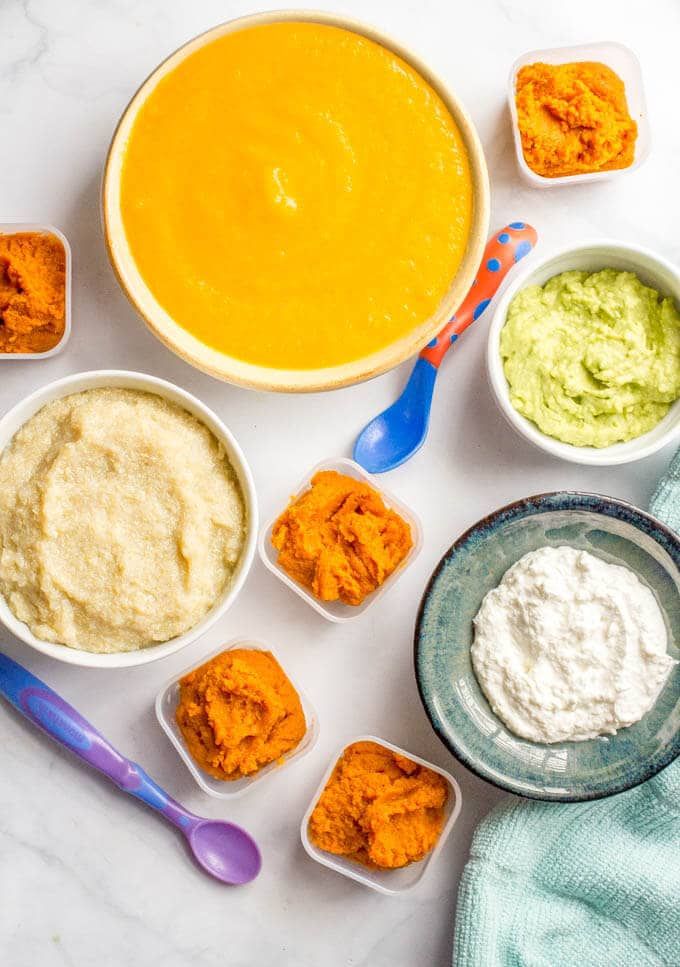 Barley
BarleyWhen we choose our baby’s first foods, we tend to go by the current popular opinion and forget about traditional super foods. One such food is barley, which often gets ignored when compared to rice or wheat.
Barley is a great food for the summer since it reduces water retention in the body and helps it maintain its natural water balance. According to Ayurveda, barley is considered an ideal summer food, since it is vata-kapha, which means it is cooling in nature.
Barely is an ideal first food for babies and is safe for infants over 6 months since it is easily digestible. In case the baby has a family history of celiac disease or gluten intolerance, you may want to wait for a few months before introducing barley.
The easiest ways to offer barley to babies is via Barley Water or Barley Cereal. You can also check out these 20 Barley Recipes for Babies and Toddlers.
9. Cumin
Giving babies spices may seem odd, all the more so during summer since spices are generally associated with heat.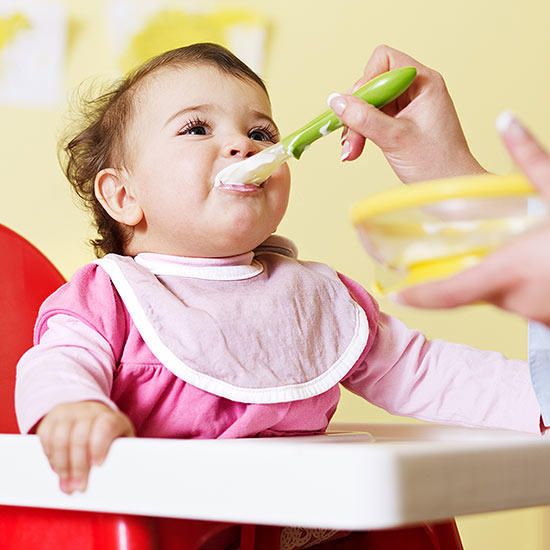 However, this is where cumin, or jeera, stands apart from the rest! Cumin seeds are also known for their ability to help the body regulate heat. Besides, cumin seeds are rich in calcium, iron, potassium and copper.
However, this is where cumin, or jeera, stands apart from the rest! Cumin seeds are also known for their ability to help the body regulate heat. Besides, cumin seeds are rich in calcium, iron, potassium and copper.
One of the most well known benefits of cumin seeds is that it aids digestion. This means that less heat is generated in the body towards digestive functioning. The cuminaldehyde in cumin seeds is a compound that activates the digestive enzymes purely by its smell.
Cumin seeds can be given to babies over 6 months of age. The easiest way to do this is through jeera water, starting with 2-3 teaspoons, 2-3 times a week. Another option is to powder the spice and add it to baby’s food like khichdi or rice.
10. Mango
For an Indian, summer means one thing above everything else – mangoes! The title of ‘King of fruits’ is not a cliche – it is entirely deserving of it. Mangoes are an example of how nature knows exactly what we need in each season.
Approximately 83% of a mango is water.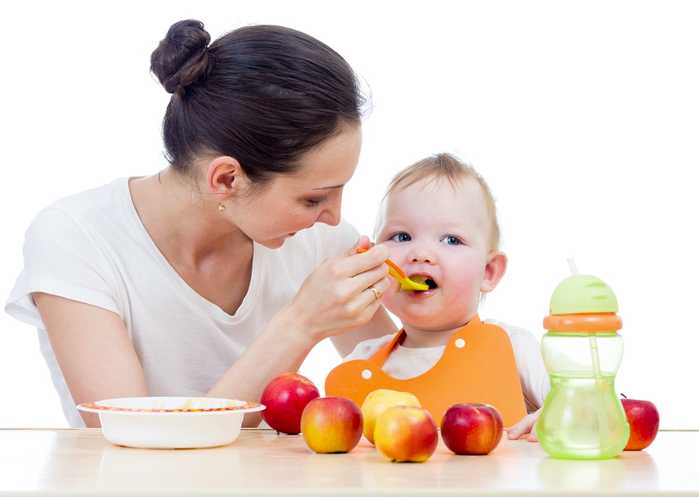 Mangoes are rich in Vitamins A and C, as well as essential minerals like calcium, magnesium and the summer nutrient potassium. Mangoes are also packed with dietary fiber and antioxidants.
Mangoes are rich in Vitamins A and C, as well as essential minerals like calcium, magnesium and the summer nutrient potassium. Mangoes are also packed with dietary fiber and antioxidants.
Mangoes can be given to babies over 6 months, provided you choose completely ripe mangoes. The mango flesh can be mashed or sliced and fed as finger food. Make sure to remove any coarse fibers beforehand.
Check out more Mango recipes here.
11. Muskmelon
If you though watermelons were the perfect summer fruit, you’re missing out on its close cousin – the muskmelon or cantaloupe. With 90% water, this is another fruit that is a great hydrator and perfect for summer.
Muskmelons are a diuretic, which helps the elimination of toxins. They’re also rich in Vitamins A, C, beta carotene and folic acid. Muskmelons are also rich in other minerals like calcium and potassium, preventing fatigue and dehydration in summer.
Muskmelons are safe to for babies 6 months and above.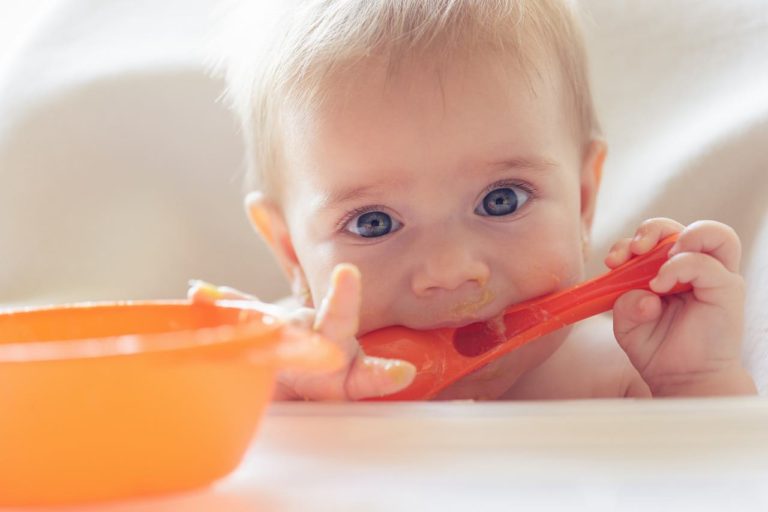 Muskmelons have enough fiber and are easily digestible for infants. They also ensure gut health and boost immunity. Muskmelons can be fed as chunks or slices for finger food, or as a mash.
Muskmelons have enough fiber and are easily digestible for infants. They also ensure gut health and boost immunity. Muskmelons can be fed as chunks or slices for finger food, or as a mash.
You can also check out these muskmelon recipes for babies and kids.
12. Bananas
Bananas are among the most popular foods for babies across the world, but many don’t realize that they’re a great summer food too. Bananas are astringent, which enables the body tissues to absorb more water, thus cooling the body.
Probably the most prominent feature of bananas is its potassium content. A medium banana contains a whopping 422 mg of potassium, which prevents dehydration in summer. Being the only tri-segmented fruit in the world, bananas provide energy along with nutrients like Vitamins B6, C, magnesium and antioxidants.
Bananas are ideal for babies over six months since it is easily digestible and very unlikely to cause any allergic reactions. Bananas can be easily mashed without cooking or it can be cut into chunks and offered as finger food.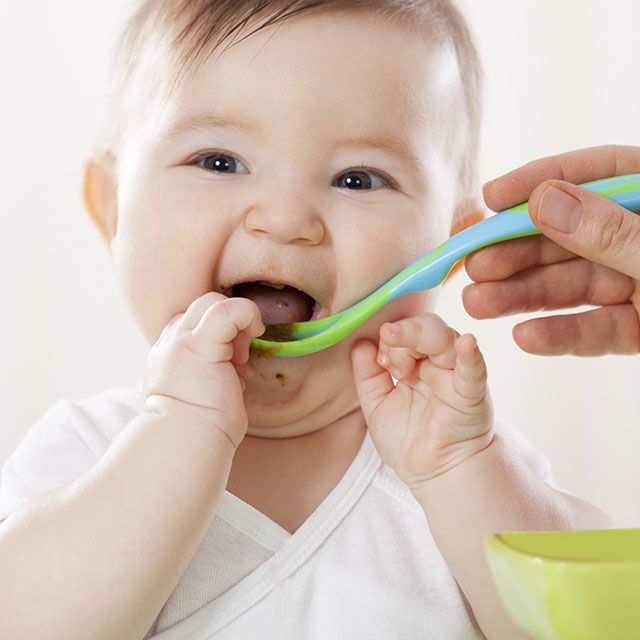 Mashed banana can also be used as a natural sweetener in baby food.
Mashed banana can also be used as a natural sweetener in baby food.
Check out more healthy Banana recipes for babies .
13. Avocado
Avocados are fruits that have occupied prime spots in must have healthy foods across the world, mainly due to the high concentration of healthy fats. Yet few of us know that an avocado is a potassium super food, containing three times the potassium in a banana!
Being the fruit with the highest amount of monosaturated fatty acids, avocadoes promote easily toxin elminiation from the blood and helps cool the body. It is easily digestible as well, so the body doesn’t have to work as hard to digest it.
While the healthy fats in avocado are great for brain development in babies, they are also rich in Vitamins B, C, E and K. All these make avocados perfect for babies over 6 months of age. Avocado flesh can be mashed easily when ripe and fed to babies.
Check out these healthy Avocado Recipes for babies.
14. Apples
Have you ever put an apple in water? You’ll notice that it floats, and this is because apples are not as dense as they appear – in fact, they’re 84% water! Now you know why apples are a great summer food!
Apples have a good amount of dietary fiber because of which they promote smooth digestion.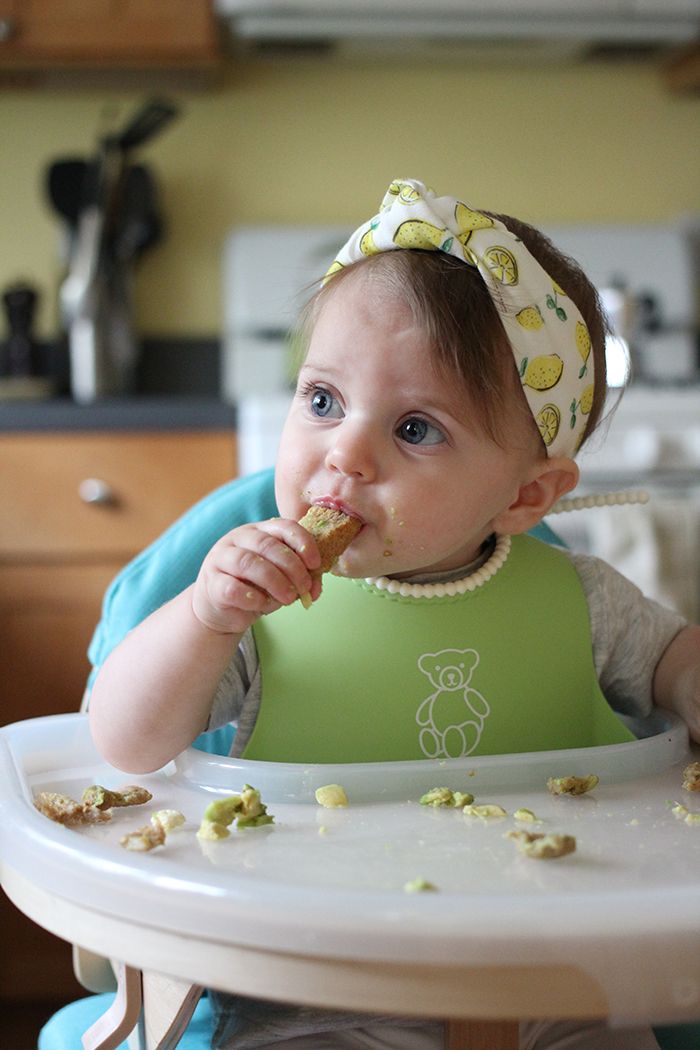 It also contains pectin, a soluble fiber that is filling while providing energy. Apples are also rich sources of antioxidants, especially the red variety.
It also contains pectin, a soluble fiber that is filling while providing energy. Apples are also rich sources of antioxidants, especially the red variety.
Apples are a popular baby food and can be introduced as early as 6 months. Red apples are better since they’re sweeter. You can either make applesauce for your baby, or offer ripe apples as chunks of finger food. Avoid apple peel as it is difficult to chew, and avoid the seeds since they can be toxic.
You can also check out these 30 Apple Recipes for Babies Under One Year.
15. Lauki or Bottlegourd
When you think of fruits or vegetables with a high water content, we tend to think of visibly juicy and watery produce like melons and cucumbers. However, there is another vegetable that offers great hydration – the humble lauki or bottle gourd!
With 96% water content, lauki is an excellent choice for summer. That’s not all, these gourds are rich in Vitamins A, C and folate as well as calcium and magnesium.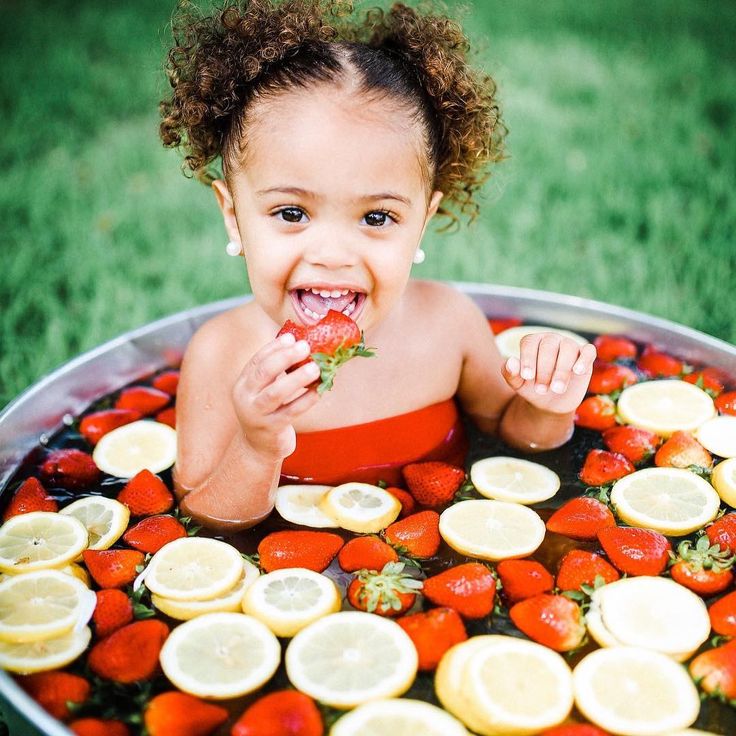 Bottle gourds also ensures healthy skin and digestion and also promotes better sleep.
Bottle gourds also ensures healthy skin and digestion and also promotes better sleep.
Being quite neutral in flavor, bottle gourds are ideal for babies over six months. They also pose a very low risk of allergies and relieve constipation. The easiest way to feed this vegetable is via a puree, either on its own or in combination with other veggies.
16. Green Beans
Green beans are something present in most homes, but few of us would think of them as hydrating vegetables. Whereas the truth is that these beans are nearly 95% water!
The hydration automatically make green beans a good pick for summer. But that’s not all, they also contain large amounts of calcium, manganese and Vitamins A, C and K. These beans are also high in antioxidants and dietary fiber.
Green beans are safe for babies over seven months, but they can cause gassiness in some babies. If your baby gets gassy after eating beans, hold on for some time and try again. A puree is the best way to feed babies green beans.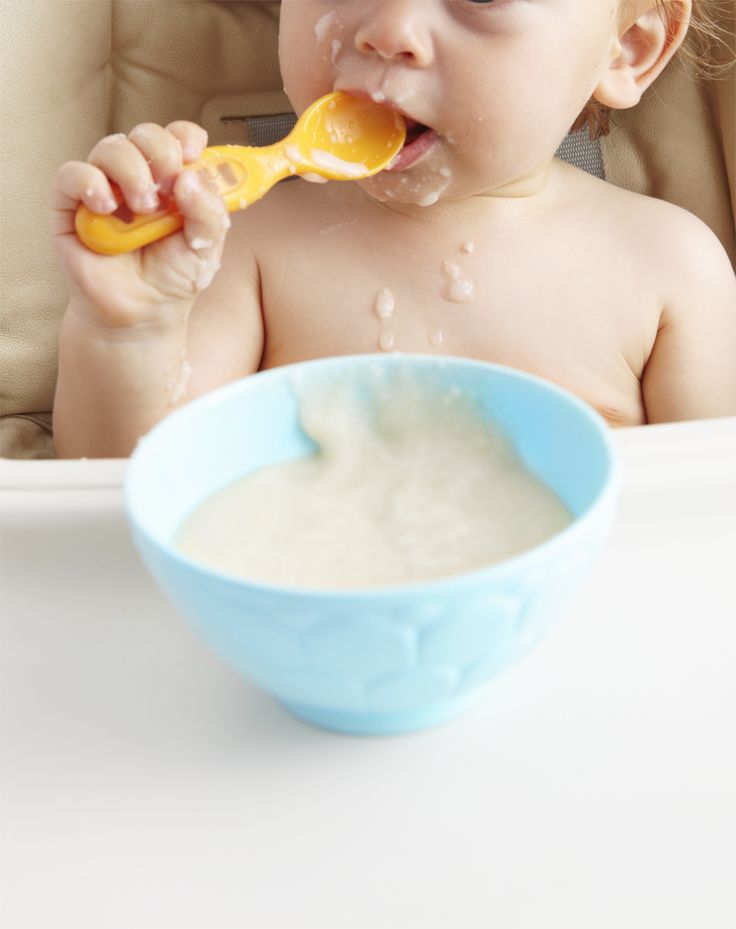 Older babies can have steamed, soft beans as finger food.
Older babies can have steamed, soft beans as finger food.
17. Papaya
Many homes in India have a papaya tree in their backyard, making this fruit a staple in Indian kitchens. We enjoy both raw and ripe papayas; often without realizing that this is a great summer fruit!
Papayas contain close to 90% water by weight. It also contains an enzyme called papain which promotes digestion so the body doesn’t have to expend more heat to digest it. Papayas also contain an assortment of nutrients so that they’re even used in some traditional medicines.
Papayas are rich in Vitamins A and C as well as folate and beta carotene. Papayas are also rich in plant based antioxidants that prevent diseases. It also prevents inflammation and constipation.
Papayas are great for infants over 7-8 months, after introducing other basic first foods. Ripe papaya flesh can be easily mashed and fed to baby, thanks to its natural sweetness. You can also check out these healthy papaya recipes for babies and kids.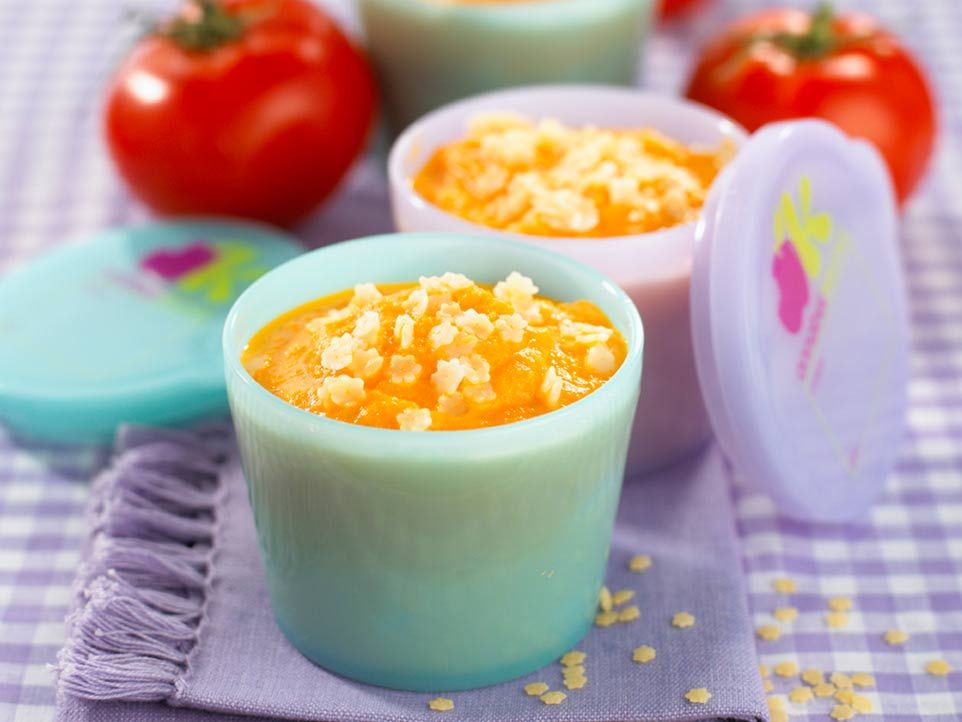
18. Sabja Seeds
Cumin seeds or jeera water is a popular summer drink in India, but there’s another variety of seeds that is also ideal for summer. These are sweet basil seeds, also known as Sabja seeds.
These tiny black seeds resemble chia seeds, but have different nutritional benefits. They are rich in protein, iron, calcium, magnesium, omega-3 fatty acids and antioxidants. They are perfect for summer because they help keep the body regulate its temperature by not getting overheated.
Sabja seeds can be given to babies over 8 months, but since they can be a choking hazard, some parents prefer to wait till the baby’s past her first birthday. For babies, soak a tablespoon of seeds in a cup of water for 10-15 minutes. Strain the water and feed the baby or use it in baby’s meals.
While not mandatory, it’s better to follow the 3-day rule to be on the safe side, and start with a small quantity in the beginning. If the baby displays symptoms like itchy rashes, abdominal pain, burning sensation in the mouth, swelling of the face or shortness of breath, he needs to be rushed to the doctor right away.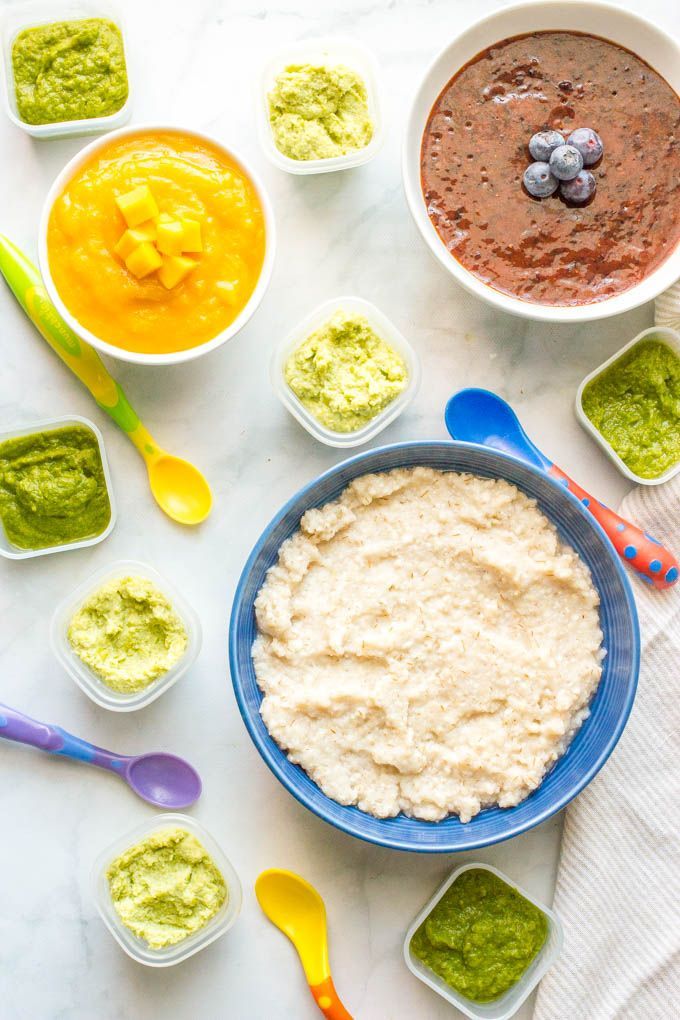
Buy Healthy Nutritious Baby, Toddler food made by our own Doctor Mom !
Shop now!11 Best Summer Foods To Prevent Dehydration In Babies
Summer can be a difficult time for babies and young toddlers. The heat can make your baby irritable, cranky and sweaty, which also makes him averse to food. Loss of appetite and dehydration are common in babies at this time – something that can be very worrying for us moms. These two conditions can mean the child isn’t getting enough nourishment and fluids as required by his body to function normally.
Before fixing our baby’s summer menu, it is important to first help him regain his interest in food. The first step, therefore, is to cool him down. The following tips will help you ensure that your baby is comfortable and cool in the summer season-
- Make sure the home environment is cool and comfortable by regulating the temperature using an AC/cooler, depending on how hot it is. Do not let your baby face the air-conditioner or cooler directly, but bring him to the room after it has cooled down
- If you are in a place that faces power cuts, remove layers of your baby’s clothing
- Keep your baby away from direct sunlight or enclosed spaces like heated up cars
- Some studies indicate that during hot weather, your baby won’t use as much energy to maintain his body temperature as in winter.
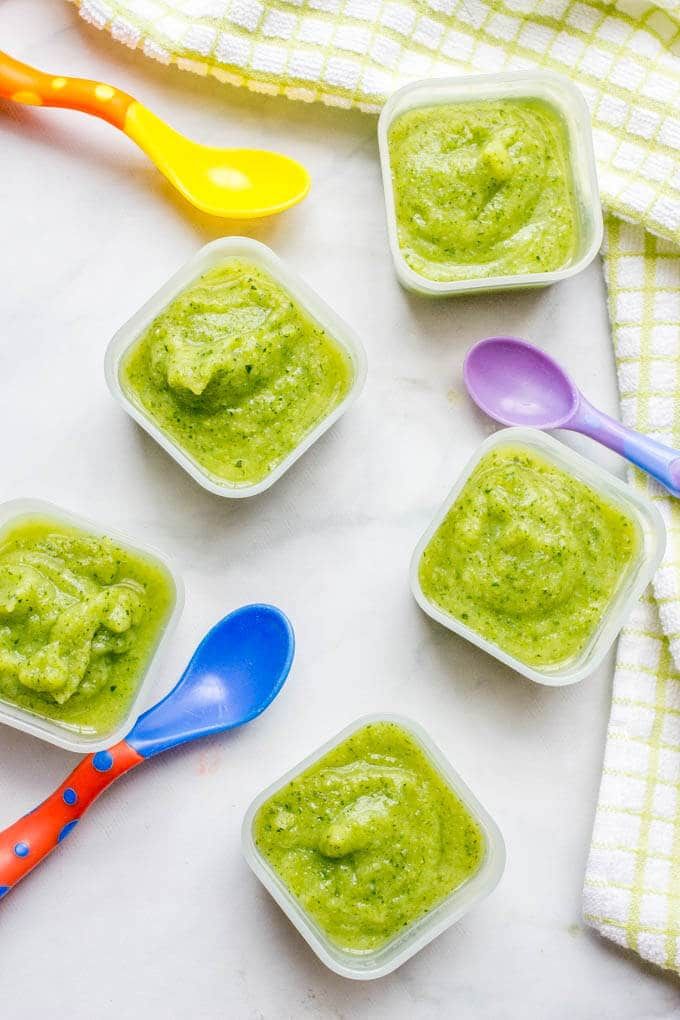 This is a major reason why he may have lost his appetite. You can try getting him to expend more energy with these indoor games for kids. If he works up an appetite, he may be more likely to gorge on food
This is a major reason why he may have lost his appetite. You can try getting him to expend more energy with these indoor games for kids. If he works up an appetite, he may be more likely to gorge on food
- Bathe him in lukewarm water or let him splash around in a tub or inflatable pool indoors
- To keep him cool, use a clean and damp cloth to wipe him down at regular intervals
Best Summer Foods For Babies
Now, let’s get down to what you should be feeding your baby this summer. Regular Indian meals like sabzi and roti can be heavy for your little one and may make him feel uncomfortable and heavy. While these foods are undoubtedly essential, you should consider balancing them with some other wholesome foods that are lighter on the tummy.
Here are the best foods you should feed your baby this summer to keep him cool, well-nourished and protected against dehydration. All the foods and drinks below are suitable for babies of 6 months+ of age, who have been introduced to solids.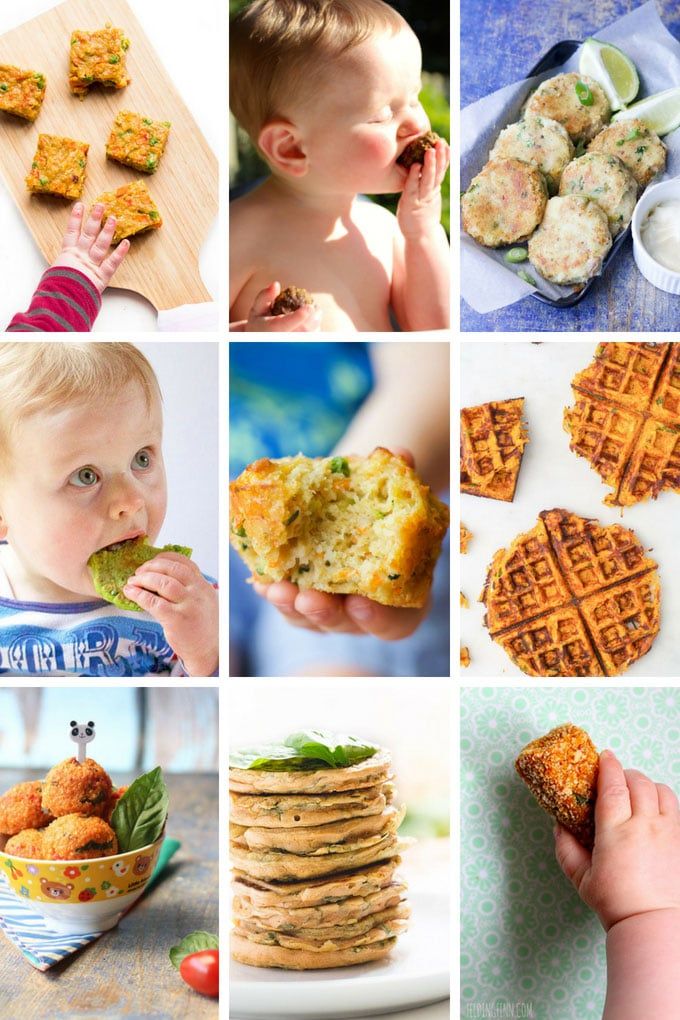
1. Khichdi
Khichdi is easy to make, is healthy, and provides your baby with protein. You can look at these 6 khichdi recipes this mom makes for her baby. These khichdi recipes are packed with nutrition and also very easy for babies to digest. Feeding khichdi lowers your baby’s chances of coming down with digestion problems like gas or diarrhoea at this time.
2. Curd Rice
Curd is loaded with calcium and is cooling for hot, summer days. Your baby will be able to cool down from the inside as well with this authentic curd rice recipe.
3. Lemon Rice
Lemon and lime are full of tangy goodness as well as essential vitamins. When paired with rice, it makes for a hearty meal that is not too heavy or greasy. Here’s a simple and yummy lemon rice recipe that your baby will enjoy.
4. Poha
Poha is already a staple in India. It is lighter than rice and easy to prepare. For a sweet twist to the regular poha, try out this mommy chef’s poha sweet recipe.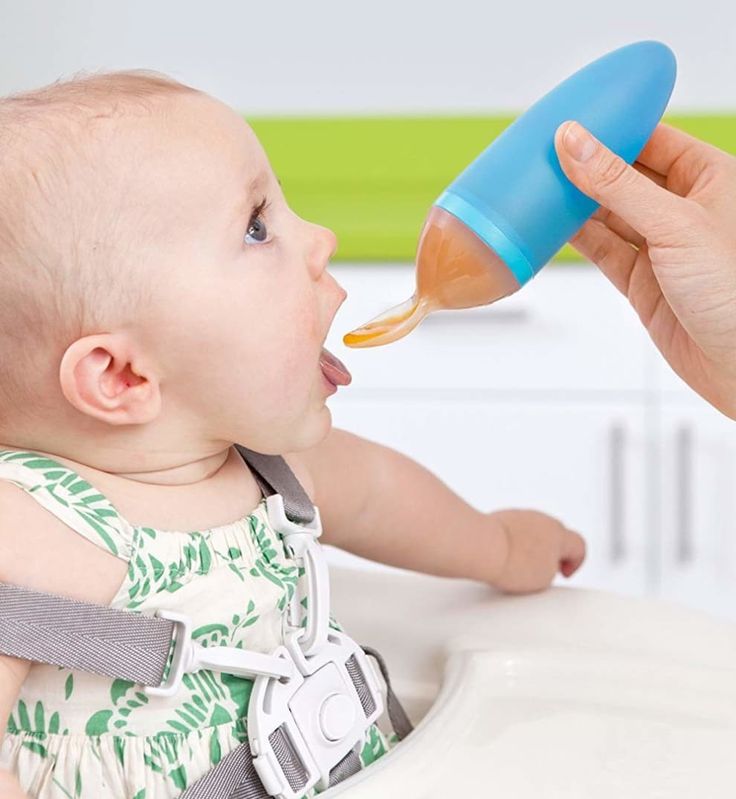
5. Custard
Milk custard with fruits is something most kids will gobble up if presented with. The best part is, it is extremely cooling too. You can easily add this dessert to your summer menu.
6. Jelly
Nutritionists recommend that you swap heavier desserts with jelly in summer. It is definitely lighter and satisfies the sweet tooth too. Just make sure you avoid highly processed items available in the market and opt for home-made, low sugar jelly. This orange jelly recipe is a delicious option you can serve to your toddler.
7. Fruit-Lollies
Another summery favourite is ice-lollies – great for hydration as well as reigniting the lost interest in food! But instead of the sugar loaded ones, simply blend and freeze fresh seasonal fruits to make your own heathy popsicles!
Best Summer Drinks For Babies
8. Breastmilk
If your baby is still under 6 months, then breastmilk is all he really needs to stay hydrated. You should avoid feeding your baby any other drinks such as fizzy drinks, or even water (if he is exclusively breastfed).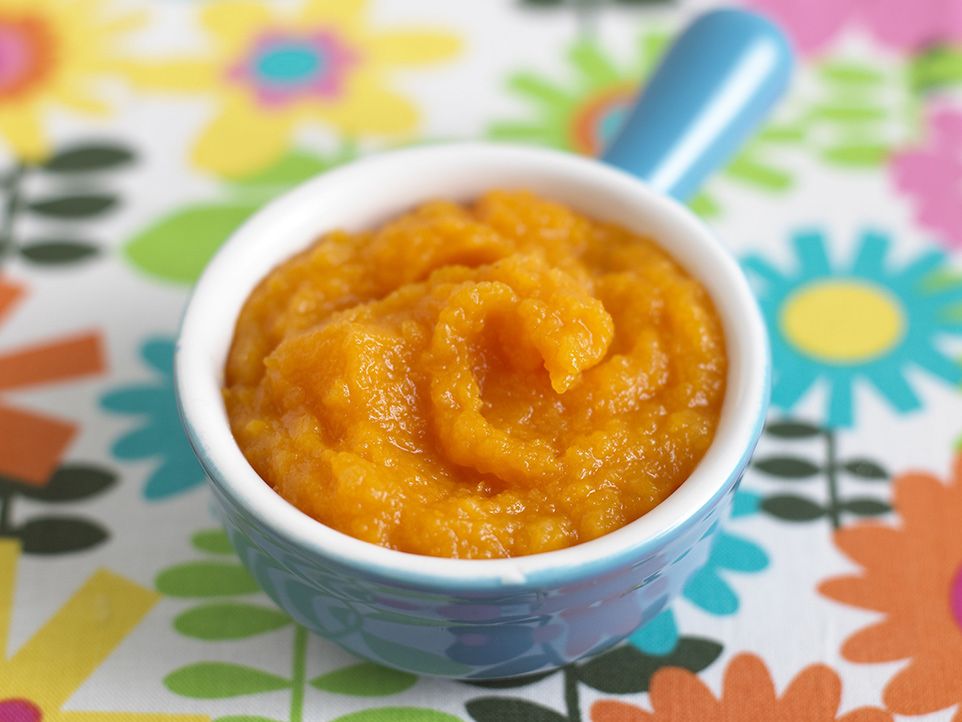
9. Coconut Water
Coconut water contains electrolytes that will replenish your baby’s body with fluids, especially if he has lost tons of water and salts through sweating. Plain, un-sweetened coconut water works best to combat dehydration.
10. Chaas/ Lassi
Yogurt is just the best summer food. It is both cooling and nutritious and also good for the gut. You can give your child chaas or lassi so that his nutrient-needs are fulfilled.
11. Nimbu Paani
Lastly, lemonade with some fresh mint leaves and masala…mmm! This classic drink is an expert at tackling dehydration. You can make large quantities of nimbu paani and store it in your fridge. Give your child a drink of this when the heat outside gets too hot to handle!
These summer foods and drinks for babies should keep your baby healthy and hydrated during the long summer months. But in case your baby still faces feeding problems and loses weight, it is best to see the doctor and figure out if your baby has a tummy bug.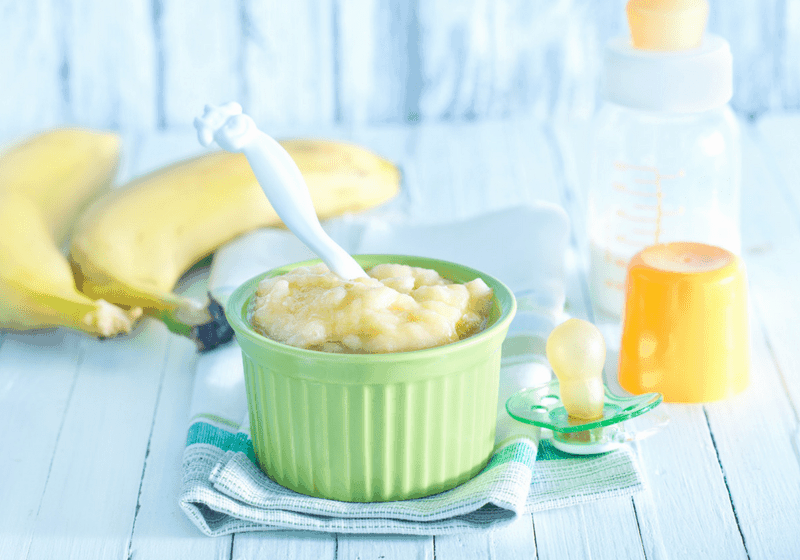
Summer child diet
Reviewer Kovtun Tatiana Anatolievna
4275 views
September 15, 2021
Login or register to save articles and products to your favorites
Walks with a child are stretched in the summer for the whole day. You don't want to go home to have dinner! Better to run and jump. But the regime is the regime: the baby is supposed to have five meals a day. How to organize the daily routine of the crumbs in the summer without prejudice to walks and how to feed the fidget so that he has the strength to conquer forests and meadows, we will talk.
Features of appetite in summer
In the heat, babies, like adults, have a reduced appetite, and it becomes difficult to feed the baby.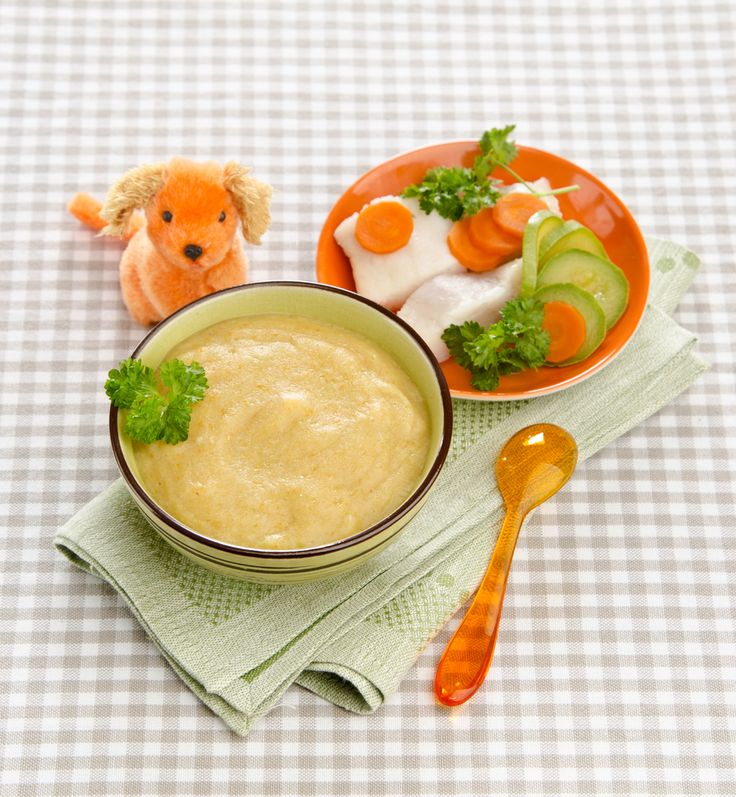 And then there is the temptation in the form of fresh vegetables and fruits ... However, at any time of the year, and especially in summer - since the baby grows more actively, meat, fish, eggs, cereals, potatoes must be present in his diet, and seasonal vegetables, fruits and berries - nice addition to them.
And then there is the temptation in the form of fresh vegetables and fruits ... However, at any time of the year, and especially in summer - since the baby grows more actively, meat, fish, eggs, cereals, potatoes must be present in his diet, and seasonal vegetables, fruits and berries - nice addition to them.
Sweet fruits and berries should certainly be in the baby's diet, but it is better to refresh them in the afternoon or at the end of the main meal, but you should not be zealous with them. Therefore, if you arrange fruit snacks, then not earlier than an hour before the main meal.
Changes in diet
So, the easiest way to keep a diet and not force-feed your baby is to swap lunch and afternoon tea. In the midday heat, instead of vegetables and meat, offer your child fruits, berries, sour-milk products with cookies. And after a daytime sleep, when the baby gets hungry, and the heat subsides, he will eat both vegetables and meat with pleasure.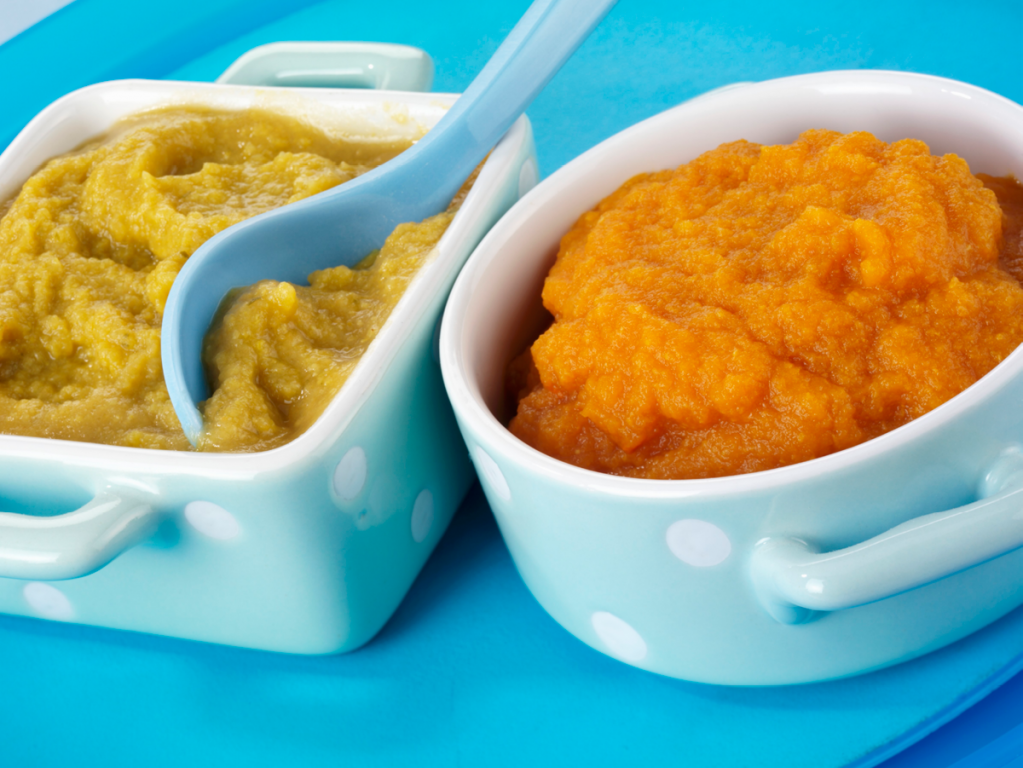
Experts believe that in the summer such a routine is more physiological. In the heat - light meals that the baby's tummy can handle even with a reduced appetite. And then, in the late afternoon - a full meal. At the same time, breakfast and dinner remain unchanged.
For breakfast, you can and should flavor porridge and cottage cheese with fruits or offer fashionable and really healthy children's desserts - the baby will be satisfied.
For a summer dinner, a meat or fish dish with vegetables is ideal.
And one more nuance: in summer daylight hours increase significantly, and children often go to bed later than at any other time of the year. It is not difficult to guess that before going to bed they are hungry: in this case, you can offer the baby a glass of baby yogurt or drinking milk porridge.
Drinking is important
In addition, in the summer it is extremely important to monitor the baby's drinking regimen.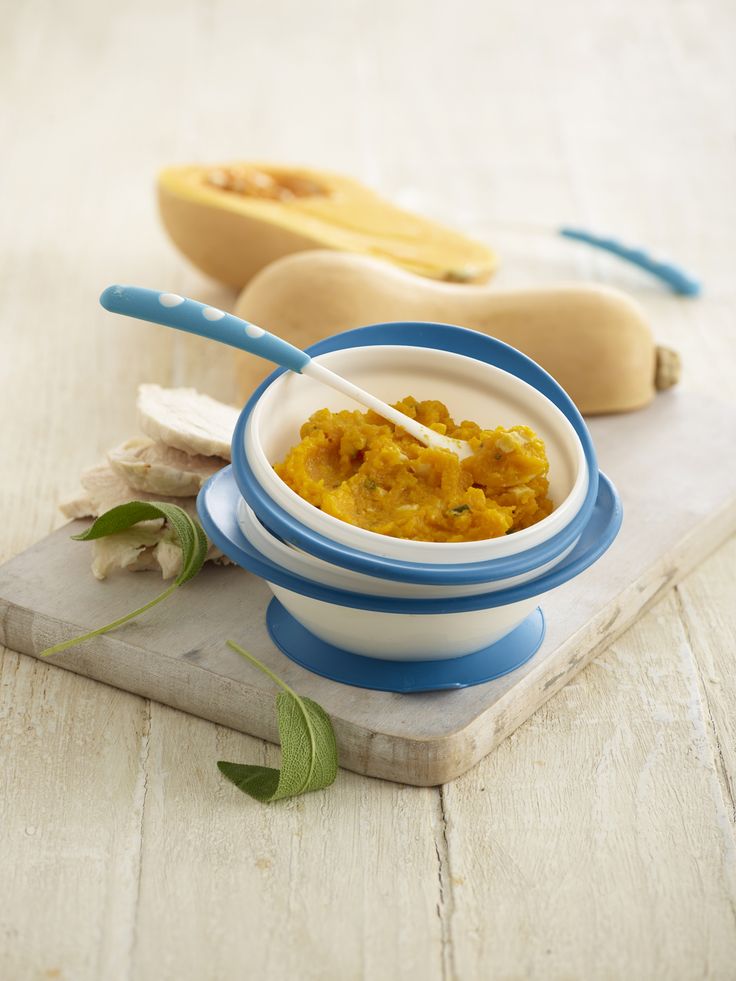 Plain water, children's compotes and fruit drinks are the best solution. But "adult" juices, even for a 3-year-old toddler, are better replaced with children's ones.
Plain water, children's compotes and fruit drinks are the best solution. But "adult" juices, even for a 3-year-old toddler, are better replaced with children's ones.
The temperature of soft drinks for a baby should be +18...+20°C.
The most effective way to quench your thirst is a fractional drink at the rate of 50 ml per 1 kg of body weight per day. In other words, every hour the child should drink 1/3 glass of water.
But the most important rule of the summer (and not only summer) diet of a child is not to force-feed him. And if the baby does not want to eat vegetables even at 5 pm, do not insist. Offer him baby puree in a convenient soft package or a baby dessert. As soon as the baby gets hungry, he will ask for meat, and fish, and even broccoli vegetable puree, but for now, enjoy the good weather and the excellent mood of your fidget.
Reviewer Kovtun Tatiana Anatolievna
Scientific adviser to PROGRESS JSC, Candidate of Medical Sciences
All expert articles
Summer baby food // Look
June 4, 2017, 08:05
How to prepare a child's body for summer vacation - change of environment, nutrition?
NEKRASOVA: Good morning, friends.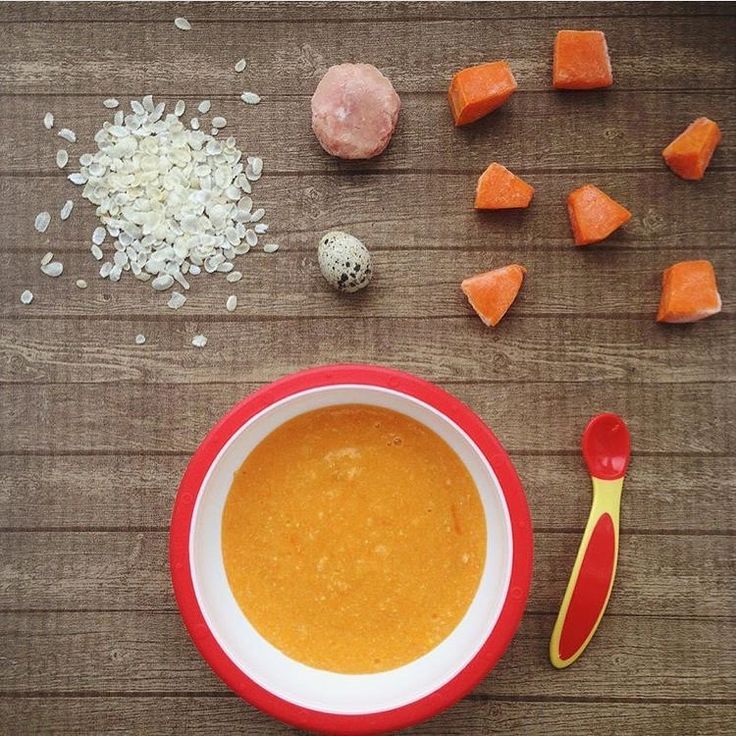 In the studio of Ekaterina Nekrasova. And we are starting the "Vitaminka" program - a program about children's health. We are transporting to the country this weekend. Well, yesterday we were transporting animals in the "Cat's House", and today we are already transporting children - to the dacha, in general, to another region to their grandmother, or, maybe, even somewhere in warm countries. And today we will ask our guests about everything that worries us during such periods: how to prepare for the move, how to survive a change in nutrition, a change in climate, a change in water in the end, how to protect a child from any injuries and bites. We will talk about this today with our guests. This is the pediatrician of the clinic "Fantasy" Anna Redina. Anna, good morning.
In the studio of Ekaterina Nekrasova. And we are starting the "Vitaminka" program - a program about children's health. We are transporting to the country this weekend. Well, yesterday we were transporting animals in the "Cat's House", and today we are already transporting children - to the dacha, in general, to another region to their grandmother, or, maybe, even somewhere in warm countries. And today we will ask our guests about everything that worries us during such periods: how to prepare for the move, how to survive a change in nutrition, a change in climate, a change in water in the end, how to protect a child from any injuries and bites. We will talk about this today with our guests. This is the pediatrician of the clinic "Fantasy" Anna Redina. Anna, good morning.
REDINA: Good morning.
NEKRASOVA: And a pediatrician, gastroenterologist at the Fantasy clinic, associate professor of the department of propaedeutics of the pediatric faculty of the 1st Sechenov Moscow State Medical University, Candidate of Medical Sciences Evgenia Mukhamedova.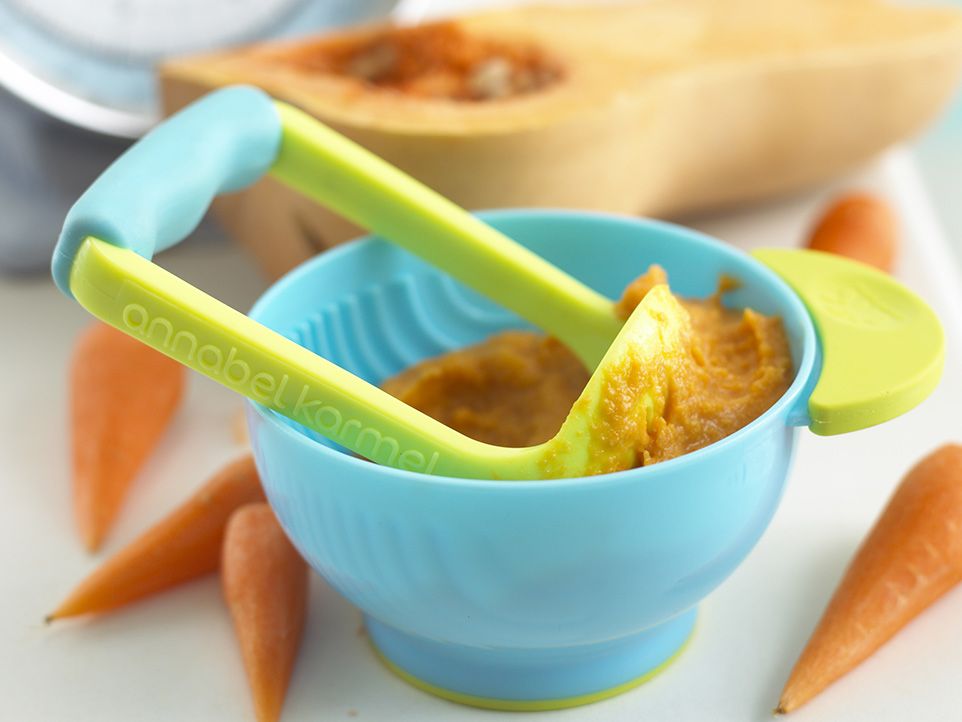 Evgenia, good morning.
Evgenia, good morning.
MUHAMEDOVA: Good morning.
NEKRASOVA: So, in general, for any child, moving, it seems to me, is a great joy. Is it stressful for him?
MUKHAMEDOVA: Let me start. Thank you very much for the question. I think moving is actually stressful for anyone of any age. And first of all, it is a change of scenery. And for the child, the familiar environment is his usual everyday life. This applies, of course, to nutrition, including what we also wanted to talk about today. And, of course, it is better to prepare for this, warn the child as early as possible, explain to him ...
NEKRASOVA: To torment him later with these questions "well, when, well, when" that's all the rest of the time.
MUKHAMEDOVA: Well, it happens in different ways, and children are also different: someone wants a change in this situation, someone wants it less. It all depends on where you are going. Therefore, of course, first of all, it is necessary to warn the child so that he mentally prepares.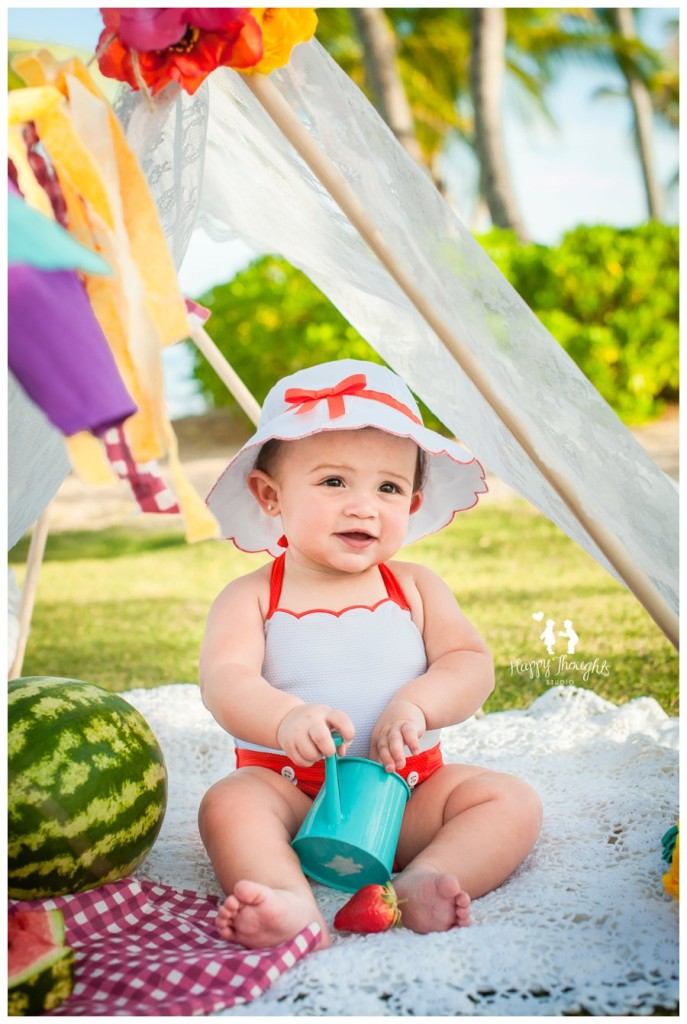 And, of course, knowing already the characteristics of their child, each parent prepares this soil, probably in his own way. Well, as for some possible health problems, let’s say, again, here you need to take into account the initial state of the child’s health and the risks that may be in the place where you plan to spend your vacation, and accordingly prepare first aid kits and etc.
And, of course, knowing already the characteristics of their child, each parent prepares this soil, probably in his own way. Well, as for some possible health problems, let’s say, again, here you need to take into account the initial state of the child’s health and the risks that may be in the place where you plan to spend your vacation, and accordingly prepare first aid kits and etc.
NEKRASOVA: And you know, we already collected a first-aid kit in our program not so long ago precisely in connection with moving. Let us briefly list the points very now – what we are taking against. Anna, let's tell us. So, against poisoning. Farther?
REDINA: Antipyretic is a must. For some injuries, cuts, the minimum means is a bandage, a band-aid.
NEKRASOVA: Peroxide.
REDINA: Hydrogen peroxide, cotton.
NEKRASOVA: Iodine, brilliant green.
REDINA: Well, peroxide can be a good substitute, yes.
NEKRASOVA: Replace this and that. So.
REDINA: Yes.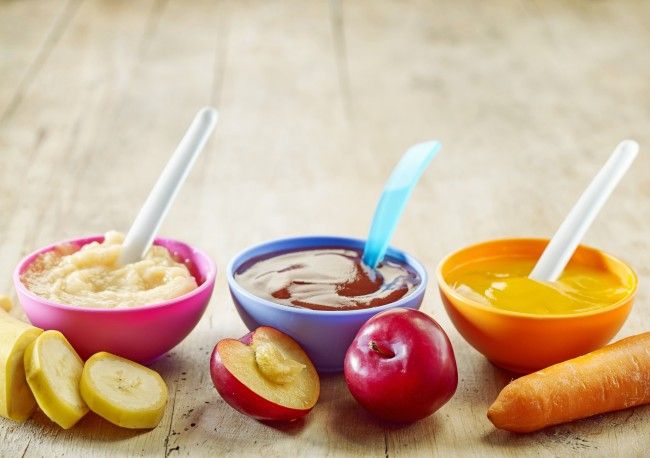 In the summer, poisoning is very common.
In the summer, poisoning is very common.
NEKRASOVA: Therefore, sorbents.
REDINA: Yes, sorbents are a must, solutions for drinking.
NEKRASOVA: What is it?
REDINA: These are solutions that are diluted in water, and if the child has diarrhea or vomiting, you need to drink.
NEKRASOVA: Replenish.
REDINA: Yes, to make up for the loss of water and salt.
MUKHAMEDOVA: Well, that's probably what's required, right? It won’t hurt anyone, and it’s better to have it with you in any first aid kit at any time of the year, and even more so for a child, because there are such quite universal ones.
NEKRASOVA: Yes. Well, if we go to the country house to ourselves or to our grandmother in the village, then it is hardly necessary to stock up on antibiotics, because after all, they are sold in our pharmacies. Although they may not be in the village, so you can take some general antibiotic.
MUKHAMEDOVA: Well, this is a rather debatable question.

